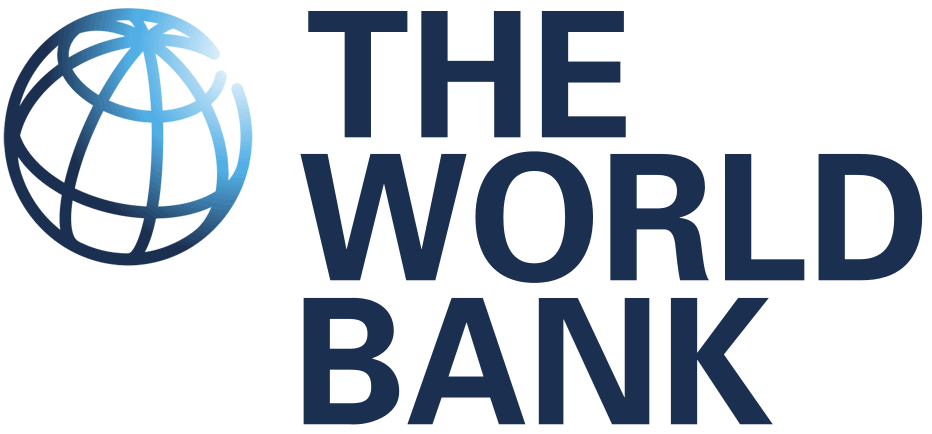KATHMANDU: The World Bank has released the ‘Nepal Development Update’. Finance Secretary Toyam Raya and World Bank country Director Farid Haddad Zarvos jointly released the report here Wednesday.
The report named, ‘Nepal Development Update (April 2023): Fine-tuning Policy in a Turbulent Environment’ has projected Nepal’s economic growth rate to remain at 4.1 percent in 2023. The projection is less than the one made by World Bank last October.
Similarly, showing the reason of better tourism in 2024, the economic growth rate has been projected to be 4.9 percent. The report has stated that restoration of tourism sector, increase in remittance and easing monetary policy will contribute to economic growth in 2024.
The report further stated that inflation will be recorded up to 8.9 percent in South Asia in 2023, which, however, will be reduced to 7 percent in 2024.
Releasing the report, Finance Secretary Raya informed that revenue collection which was dropping has now come on the positive side. “We hope revenue collection will be increased gradually. Tourism, agriculture, remittance and hydropower sectors will be contributing to national economy this year,” he said, adding that the country is still under economic pressure. “I believe country will be able to face this challenge,” Raya underscored.
On the occasion, World Bank Country Director Zarvos said all countries in South Asia had witnessed slump in industrial production including in Nepal for 18 months. Sri Lanka, Bangladesh and Pakistan had taken assistance from IMF and discussion was underway whether Nepal also thinks of it.
Chief of Department of Economics at Tribhuvan University, Prof Dr Shivaraj Adhikari, said policy departure is essential to tackle present problems of price hike, low capital spending and other governance irregularities.
Business Head at ICRA Nepal, Barsha Shrestha, said radical changes in present policy are imperative for long-term economic interests.









Comment